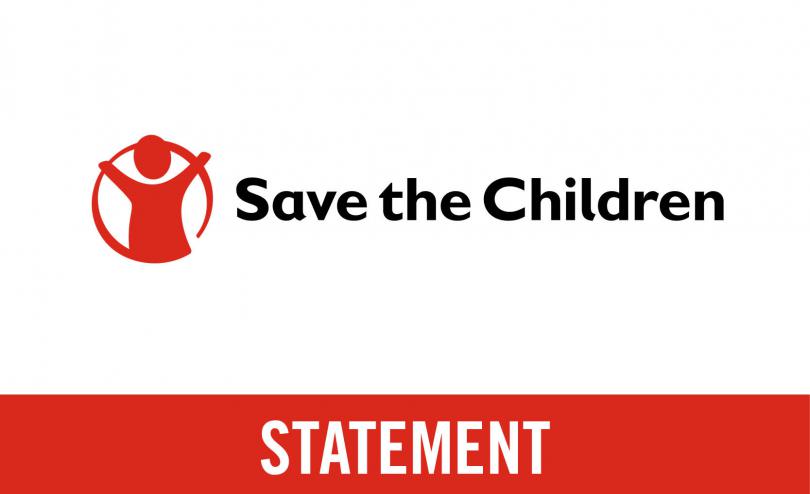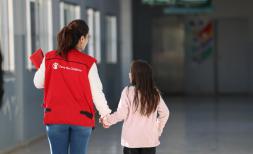G20 Summit: World leaders promise a fairer, healthier, and greener world for children but action is needed now

The G20 Summit made some steps towards a fairer, healthier and greener world this weekend but did not live up to the high expectations of a world in which millions of children face the triple crises of COVID, climate change and conflict, which threaten to reverse decades of progress in tackling poverty and inequality, Save the Children said.
World leaders at the G20 summit were meant to discuss the most pressing financial issues and ways to ensure that struggling economies across the world have sufficient resources to invest in their children but this has been confined to words with very little tangible progress.
The global commitment to provide annual funding of US$100 billion for countries in need is a starting point, but Save the Children has called on the G20 nations to respond to the urgency of the situation by fully providing this amount in 2021 and further funding for 2022.
All in all, financing for development issues reflected general and already agreed commitments, while concrete actions are still pending to accelerate and deepen debt relief for countries that will face an impossible decision between repaying debt and investing in crucial sectors for children, such as health, nutrition, education and social protection.
We welcome the commitment of the G20 to the global goal of vaccinating at least 40% of the world population by the end of 2021 and 70% by mid-2022, as recommended by the WHO, and to support local manufacturing in low-middle income countries.
But leaders this weekend missed out on providing a clear timeline for deliveries of their vaccine doses and did not commit to any new dose-sharing or financing for the ACT-Accelerator. Currently, only 14% of promised doses have reached lower- and middle-income countries.
“This proves once again that their promise for global solidarity remains an empty one,” Save the Children said. “No one is safe until we are all safe, and without strong political will leading to concrete actions on dose sharing, fair financing and scaling up vaccine supply, the world will not succeed in bringing this pandemic to an end and protecting children’s futures.”
Save the Children does, however, welcome the G20 support to strengthen the leading and coordination role of the WHO and the establishment of a Joint Finance-Health Taskforce to strengthen relationships between health and finance and improve resource mobilisation capacity. But we stress that any additional institution needs to stick to its mandate inside the global health architecture.
We welcome G20 recognition of education as a pivotal tool for inclusive and sustainable economic recovery and the commitments to ensure access to quality education for all, with particular attention to women and girls and vulnerable students and to make education systems inclusive, adaptable and resilient. However, this needs to be backed up with financial commitments and concrete actions to properly ensure a right to education for all children. We also welcome the pivotal role recognised to girls’ empowerment.
Despite the G20 countries’ different positions on how to address the climate crisis the agreement to pursue efforts to limit global warming to 1.5°C above pre-industrial level is welcome. This was an encouraging message from the G20 countries - which are responsible for almost 80% of global emissions – and on the eve of the COP26 summit where there will be calls for swift, ambitious, concrete actions to achieve this goal and to increase climate finance to support LMICs.
We urge all world leaders to ensure their words become reality.
For further enquiries please contact:
- Belinda Goldsmith Belinda.goldsmith@savethechildren.org
- Our media out of hours (BST) contact is media@savethechildren.org.uk / +44(0)7831 650409




